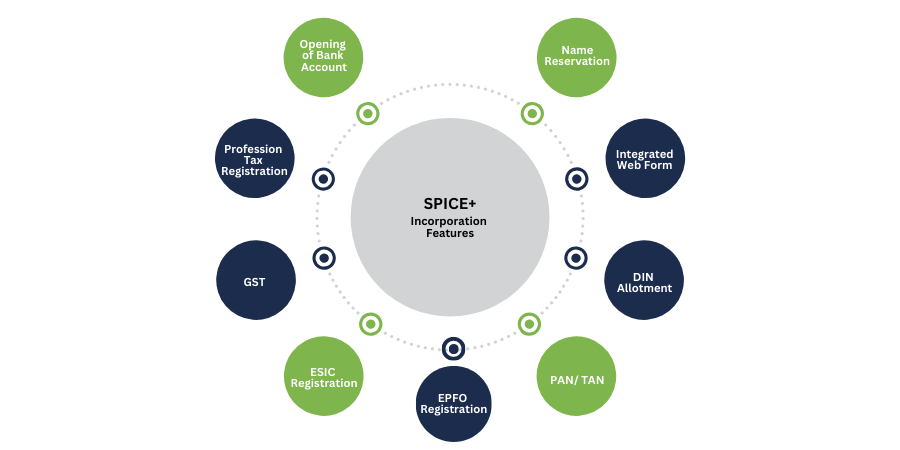Understanding Tax Planning: Meaning, Objectives & How It Works

Tax planning is a vital aspect of financial management that individuals and businesses must undertake to optimize their tax liabilities while remaining compliant with legal requirements. In this article, we’ll delve into the meaning, objectives, and mechanisms of tax planning, shedding light on how it can benefit you or your business.
What is Tax Planning?
Tax planning is the process of organizing your finances in a way that minimizes your tax liability. It involves various strategies and techniques aimed at legally reducing the amount of taxes owed without violating tax laws. Effective tax planning requires careful consideration of financial decisions throughout the year to maximize tax efficiency.
Objectives of Tax Planning:
Minimization of Tax Liability: The primary objective of tax planning is to reduce the amount of taxes payable by taking advantage of available deductions, credits, exemptions, and other tax-saving opportunities.
Ensuring Compliance: While minimizing taxes is important, tax planning also aims to ensure compliance with tax laws and regulations. By staying abreast of tax laws, individuals and businesses can structure their transactions and operations in a manner that is both tax-efficient and legally sound.
Optimizing h Flow: Strategic tax planning can help optimize cash flow by timing income and expenses to minimize tax obligations in any given year. By managing cash flow effectively, individuals and businesses can improve their financial stability and reinvest savings into growth opportunities.
Wealth Preservation: Tax planning plays a crucial role in wealth preservation by implementing strategies that protect assets and minimize the erosion of wealth due to excessive taxation. This includes estate planning strategies aimed at minimizing estate taxes and facilitating the smooth transfer of assets to heirs.
How Tax Planning Works:
Tax planning involves a variety of strategies tailored to individual circumstances and financial objectives. Some common techniques include:
Income Deferral: Deferring income to future years can lower your current tax liability, especially if you expect to be in a lower tax bracket in the future.
Expense Acceleration: Conversely, accelerating deductible expenses into the current tax year can help reduce taxable income and lower your tax bill.
Investment Planning: Investing in tax-advantaged accounts such as IRAs, 401(k)s, or 529 plans can provide tax benefits while helping you build wealth for retirement, education, or other goals.
Strategic Use of Deductions and Credits: Maximizing deductions and credits, such as those for charitable contributions, mortgage interest, education expenses, and business expenses, can significantly reduce your tax liability.
Business Structure Optimization: For businesses, choosing the right legal structure, such as a corporation, partnership, or limited liability company (LLC), can have significant tax implications. Structuring business transactions and operations in a tax-efficient manner can lead to substantial savings.
Tax planning is an essential component of financial management that can help individuals and businesses minimize their tax burden while achieving their financial goals. By understanding the objectives and strategies of tax planning, you can make informed decisions that optimize your tax situation and preserve your wealth.
At Cogent Professionals, we specialize in helping individuals and businesses navigate the complexities of tax planning. Contact us today to learn how our expert tax advisors can assist you in developing a customized tax strategy tailored to your unique needs and objectives.
Maximize your tax savings and secure your financial future with our professional tax planning services. Contact us now for a consultation!














